Job Interviews are common practice and one of the most critical components of any hiring process. Yet, hiring managers will often take freedom with the interview process and the questions they ask. Unknowingly (or often knowingly) hiring managers will ask interviewees illegal questions. According to a survey conducted in April, 32% of hiring managers admit they knowingly ask illegal questions. There are a variety of reasons that prompt such questions, however, asking an interviewee personal characteristic questions may be viewed as discrimination, as defined by the Equal Employment Opportunity Commission. Furthermore, questions like these often have no bearing on whether an individual can complete the responsibilities of the job, and their responses can create biases, positively or negatively.
Job interviews are utilized to learn as much as possible about the interviewee to ensure they are a good fit. Nevertheless, while they may seem innocuous and are often common practice, several questions should be completely off the table.
Age
Blatantly asking an interviewee how old they are is illegal, plain and simple. Similarly, asking innocent questions such as “What year were you born?”, “When is your birthday?”, or “When did you graduate high school or college?” is also forbidden and could be interpreted as age discrimination. In most states, it is necessary to make sure the candidate is over 18, to which it is okay to ask, “Are you over the age of 18?” However, asking other age-related questions is protected under The Age Discrimination in Employment Act of 1967. Age is relative and is just a number. Often an individual’s age has no impact on whether they can complete the duties of the job.
Visa Status/Citizenship
This is another hot-bed question. You cannot ask an interviewee “Are you a U.S. citizen?” or “Where are you from?” Doing so is illegal. Questions such as these could open up discrimination charges and are protected under Title VII of the Civil Rights Act of 1964. You may ask if they are authorized to work in the U.S. as that is a requirement for all new hires. Presently, companies require all new employees to complete an I-9 form as part of their onboarding process. These forms are designed to confirm that an individual is legally eligible for work in the United States.
Family Status
Asking an interviewee family-related questions is, you guessed it, illegal. Avoid asking “Are you married?”, “Do you have children?” or “Are you planning to have children?”. These types of questions are beyond problematic and create gender biases. More so they are seen as a way to avoid hiring women due to potential maternity leave or taking time off to care for their children. Instead, focus on questions that pertain to the job and the responsibilities of the role. Remember, your main goal is to find the right person for the job.
Disability Status
It should go without saying that questions about health or medical information are restricted. There are a variety of different questions regarding disability status that should never be asked. You cannot ask “Do you have a disability?”, “How is your health?”, or “Do you drink or use drugs?”. In addition, asking questions about an interviewee’s height, weight, or other details about health is prohibited under the Americans With Disabilities Act of 1990. In some instances, positions may require heavy lifting, and you must establish if they can perform the duties of the job. If that is the case, asking questions such as “Are you able to perform this job with or without reasonable accommodation?” is allowed.
Religion
Questions regarding an individual’s religious observances are seen as non-job-related questions and are illegal. Asking “What is your religion?” or “Are you practicing?” is illegal. What religion a person may practice has no relevance to whether they can complete the responsibilities of the job. If the position they are interviewing for requires work on the weekends, you may ask what days they are available to work. This should only be applied if it pertains to the role.
Previous Salary
While this may have once been a common interview question to ask, that is no longer the case. Many states have banned questions like “What is your current salary?” Knowing what an individual earned at their last position has no significance if they can complete the duties of the job they are interviewing for or what their future salary should be. Questions regarding salary are seen to perpetuate the cycle of pay disparities among different races and genders. Since salaries can fluctuate based on position, industry, education, and experience it is good practice to have a predetermined salary range in mind before conducting any interviews.
While state laws can be complex and differ among states, it is imperative to know your state laws and maintain alignment with current HR laws and procedures. Remember, when conducting interviews your main objective is to find the right person for the job. You want to ensure they can complete the responsibilities of the role, are a good cultural fit, and ensure their skill set aligns. Asking personal characteristic questions, while they may seem innocent, is illegal when conducting an interview. Not to mention, they have no relevance on whether an individual can complete the responsibilities of the job. Do your due diligence before any interview to avoid asking any illegal questions and if all else fails, keep your questions related directly to the job.
For further assistance in your job search or your search for qualified candidates, please call (518) 275-4816.
LATEST READS FROM WALRATH RECRUITING:




